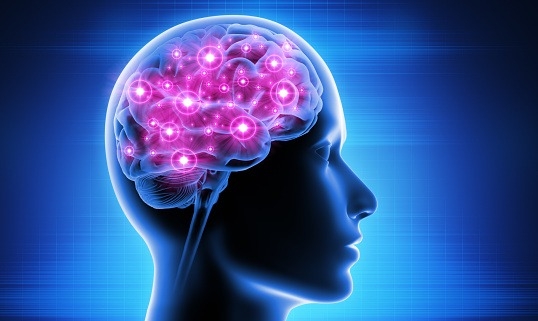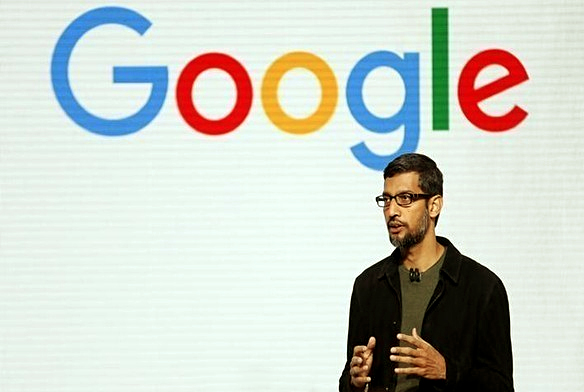The company may make an announcement in March, highlighting how quickly Microsoft wants to reinvent search and its productivity apps through its OpenAI investments…reports Asian Lite News
Microsoft is reportedly planning to demonstrate its new Prometheus model to its core productivity apps such as Word, PowerPoint, and Outlook.
In the coming weeks, Microsoft will detail its productivity plans for integrating OpenAI’s language AI technology and its AI Model.
The company may make an announcement in March, highlighting how quickly Microsoft wants to reinvent search and its productivity apps through its OpenAI investments.
Previous reports indicated that the GPT models were being tested in Outlook to improve search results, along with features like suggesting replies to emails and Word document integration to improve writing.
Moreover, the report said that the tech giant is moving quickly with this integration mainly because of Google.

Microsoft had planned to launch its new Bing AI in late February, but moved the date up to this week, just as Google was preparing to make its own announcements, the report mentioned.
Earlier this week, Microsoft introduced its new Bing powered by “next-generation” ChatGPT artificial intelligence (AI), and also updated its Edge browser with new AI capabilities.
The AI-powered Bing search engine and Edge browser are now available for preview at Bing.com, to “deliver better search, more complete answers, a new chat experience and the ability to generate content”.
Google workers slam Bard AI’s rushed announcement
Google employees have reportedly criticised the company’s leadership, particularly, CEO Sundar Pichai, for how it handled the announcement of its ChatGPT competitor “Bard” this week, calling the announcement “rushed”, and “botched”.
Employees criticised the Bard announcement on the popular internal forum Memegen, calling it “rushed,” “botched,” and “un-Googley.”
“Dear Sundar, the Bard launch and the layoffs were rushed, botched, and myopic. Please return to taking a long-term outlook,” read one meme that included a serious picture of Pichai.

The post received many upvotes from employees, said the report.
Another meme reads: “Rushing Bard to market in a panic validated the market’s fear about us”.
Moreover, on Twitter, people began pointing out that an ad for Bard offered an incorrect description of a telescope used to take the first pictures of a planet outside our solar system, the report mentioned.
“Unfortunately a simple google search would tell us that JWST actually did not “take the very first picture of a planet outside of our own solar system” and this is literally in the ad for Bard so I wouldn’t trust it yet,” a user tweeted.
Earlier this week, Google competitor Microsoft introduced its new Bing powered by “next-generation” ChatGPT artificial intelligence (AI) and also updated its Edge browser with new AI capabilities.
ChatGPT gets passing score in US medical licensing exam
Microsoft’s AI chatbot ChatGPT can score at or around the approximately 60 per cent passing threshold for the United States Medical Licensing Exam (USMLE), with responses that make coherent, internal sense and contain frequent insights, according to a study.
ChatGPT is designed to generate human-like writing by predicting upcoming word sequences. Unlike most chatbots, ChatGPT cannot search the internet. Instead, it generates text using word relationships predicted by its internal processes.
In the study, published in the open-access journal PLOS Digital Health, Tiffany Kung, Victor Tseng, and colleagues at AnsibleHealth tested ChatGPT’s performance on the USMLE.
Taken by medical students and physicians-in-training, the USMLE assesses knowledge spanning most medical disciplines, ranging from biochemistry, to diagnostic reasoning, to bioethics.
After screening to remove image-based questions, the authors tested the software on 350 of the 376 public questions available from the June 2022 USMLE release.
After indeterminate responses were removed, ChatGPT scored between 52.4 per cent and 75 per cent across the three USMLE exams.
The passing threshold each year is approximately 60 per cent.
ChatGPT also demonstrated 94.6 per cent concordance across all its responses and produced at least one significant insight (something that was new, non-obvious, and clinically valid) for 88.9 per cent of its responses.
Notably, ChatGPT exceeded the performance of PubMedGPT, a counterpart model trained exclusively on biomedical domain literature, which scored 50.8 per cent on an older dataset of USMLE-style questions.
“Reaching the passing score for this notoriously difficult expert exam, and doing so without any human reinforcement, marks a notable milestone in clinical AI maturation,” said the authors.
“ChatGPT contributed substantially to the writing of our manuscript. We interacted with ChatGPT much like a colleague, asking it to synthesise, simplify, and offer counterpoints to drafts in progress. All of the co-authors valued ChatGPT’s input,” said Kung.

Leave a Reply